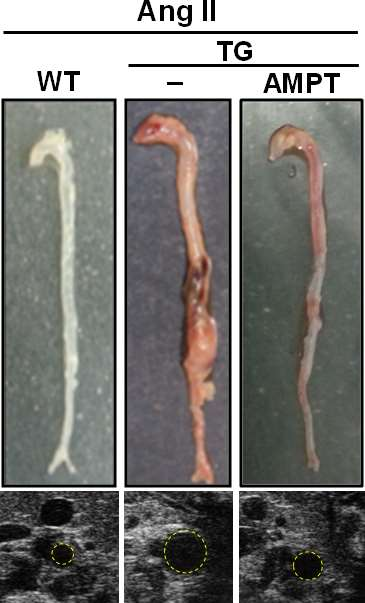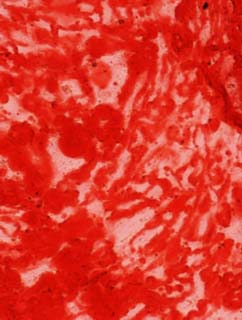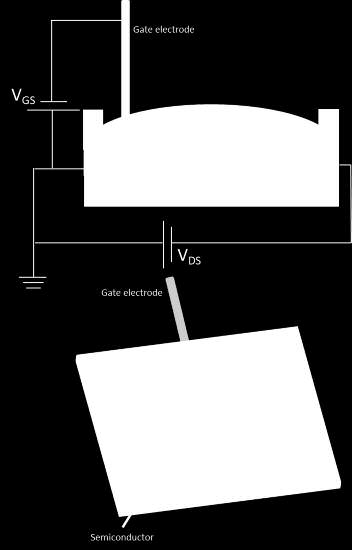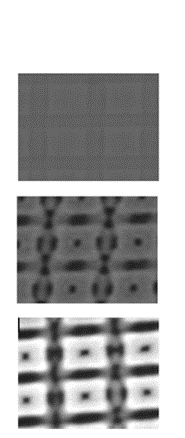Reduction of aneurysm progression
Prevention by AMPT of aortic aneurysms induced by angiotensin II infusion (Ang II) in transgenic mice that over-expresses the NR4A3 receptor.
Images of fixed samples (upper panel) and ultrasound frames of abdominal aortas showing aortic diameter (lower panel).
Aortic aneurysm is a silent but life-threatening vascular disease with no preventive or medical treatment available, apart from surgical repair. It is associated with hypertension, atherosclerosis, ageing and smoking and characterized by chronic inflammation and aortic vessel wall weakening until rupture, causing patient’s death. Different types of aneurysm can be found depending of their anatomic location being Abdominal Aortic Aneurysm (AAA) one of the most common forms.
Recently it has been discovered the upregulation of tyrosine hydroxylase enzyme in human AAA. Presented here is the use of tyrosine hydroxylase inhibitors, particularly α-methyl-p-tyrosine (AMPT), to reduce the progression and severity of aortic aneurysms. This compound has been tested in two mice models (TgNR4A3 transgenic and apoliprotein E- deficient ( ApoE −/−)), significantly reducing vessel inflammation after aneurysm induction with angiotensin II and limiting structural alteration, near to normal levels after treatment during 28 days.
Tyrosine hydroxylase inhibitors show potential for pharmacological prevention and treatment of abdominal and thoracic aortic aneurysm by reduction of aorta dilatation and vessel weakening.
Main innovations and advantages
· AMPT, acting as tyrosine hydroxylase inhibitor, has shown significant effectivity in:
reducing the incidence and severity of · AAA, preventing disruption and rupture of elastic vessel laminas, limiting the inflammatory infiltrate produced by · Ang II.
· Tyrosine hydroxylase inhibitors may represent a promising approach to overcome human aneurysm progression, reducing the risk of aneurysm rupture and death and avoiding surgery and its associated perioperative risk.






